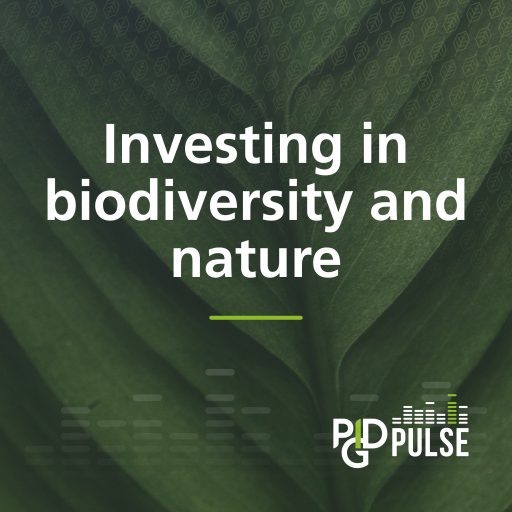
#11 Investing in Biodiversity and Nature
Many know about the climate crisis, but what’s often less covered is the biodiversity crisis. However, the two crises are intimately linked, and it’s critical that both are considered in our approach to investing in infrastructure. With the biodiversity conference COP15 underway we’re finding out how and why we need to take action to halt and reverse nature loss.
In this episode we discuss why a ‘do no harm’ approach is no longer enough – and why our infrastructure projects must actively improve the natural environment. We find out what to expect from the Global Biodiversity Framework due to be announced at COP15 and how PIDG accounts for the biodiversity and climate risks within its portfolio.
Our guests are:
Cameron Bain, Health, Safety, Environment, and Social Director at PIDG
Cheryl Ng, HSES Regional Manager and Group Biodiversity Lead at PIDG
Latest Episodes

#24 What ‘Impact’ Really Means – And How To Plan and Measure It
What does the word ‘impact’ really mean? Measuring impact in all its forms is central to how PIDG works with partners and local communities to enable long-lasting, meaningful change.

#23 World Day for Safety and Health at Work – The Drivers of Business Success
Good Health and safety performance requires a positive health and safety culture. This is not a nice-to-have - it’s about protecting and saving lives, making projects sustainable and delivering long-term value to your employees and customers. Yet we are still seeing a lack of consideration being given to the importance of Health and safety.

#22 Earth Day – Sustainable Solutions for a Greener Future
As climate change continues to disrupt ecosystems, economies, and communities, this Earth Day we know that sustainable solutions are more important than ever. At PIDG, we believe achieving a cleaner, greener future isn’t just about protecting nature - we must also empower people with the tools to thrive sustainably.

#21 International Women’s Day Special: The Urgent Need To Accelerate Action
This is an International Women’s Day special of PIDG Pulse.